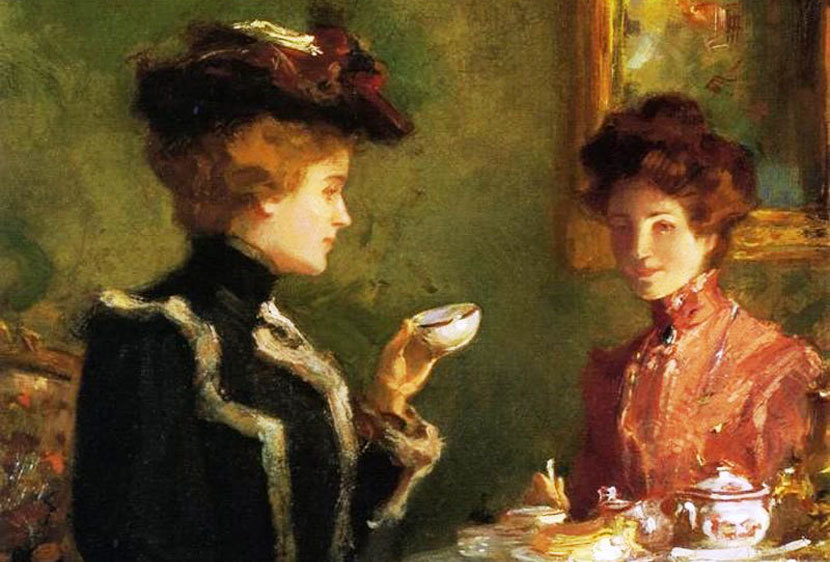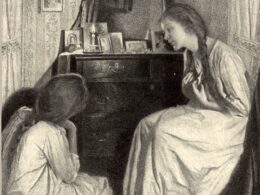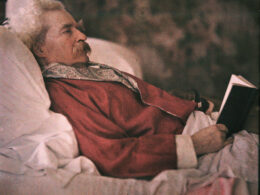Edith Wharton (1862–1937)
From Edith Wharton: Collected Stories 1891–1910

“At the height of her career, Edith Wharton was recognized as one of the leading, and highest grossing, American writers of her time,” remarks literary scholar (and Wharton enthusiast) Emily J. Orlando. Yet toward the end of her life critics often dismissed her as “old fashioned” or a “mere disciple of Henry James—only more depressing.”
While Wharton created her fair share of books and stories with tragic endings, her work was—and still is—often acclaimed for its comic and satiric elements. Even her tragedies are filled with sharp-witted comments about people and fashions and acerbic asides targeting social pretensions. One of her funniest stories, “Expiation,” features an author who worries (while secretly hoping) that her debut novel, called Fast and Loose, would create a headline-grabbing society scandal. What happens instead is the stuff of comedy.
When Margaret Drabble wrote a review of Wharton’s short stories a few years back, she singled out this tale as “accomplished, stylish, and witty, and it made this reader laugh aloud.” (We suspect that authors—and would-be authors—will especially appreciate it.) It deserves to be more widely known, and we present it in full as our current _Story of the Week selection.



